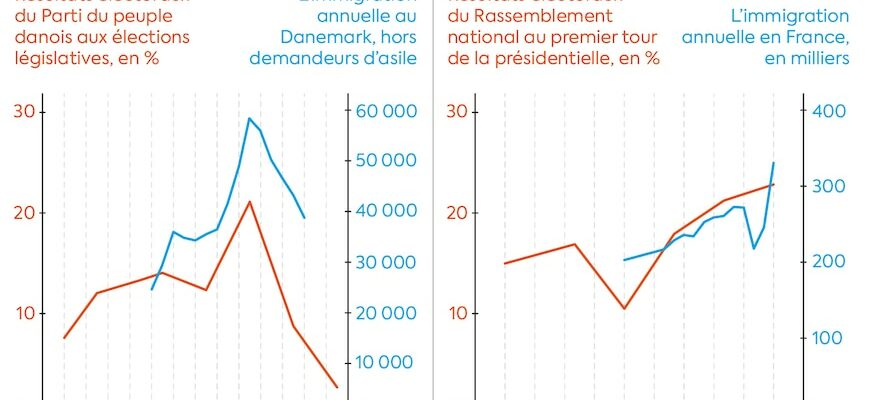Fatalism, a characteristic of our country: one in three French people considers the country’s decline to be irreversible, according to French Fractures Study of the Jean-Jaurès Foundation published in October 2023. What is surprising in a society where the President of the Republic himself, at the time François Mitterrand, claimed in July 1993 that “in the fight against unemployment, we have tried everything”? The idea that politics cannot influence reality has continued to spread, like a venom paralyzing public action. And yet, a few kilometers from home, peoples of die-hard reformers are still resisting impotence.
The effort first requires a clear, long-term diagnosis: in Italy, Sweden or Canada, it is on the brink of the abyss that governments have developed major reforms, called upon to transform their country from sick to model. Above all, it requires unwavering political will, beyond bureaucracy, lobbies and those who think that any change in practices is impossible. At a time when the new government led by Michel Barnier is highlighting, even in the titles of its ministers, “simplification”, “partnership with the territories”, “food sovereignty” or “academic success”, as so many promises, we can only advise them to take a look at what works elsewhere.
Denmark – 5.8 million souls – has been implementing an immigration policy for twenty years that is distinguished by a drastic reduction in migratory flows from the Arab-Muslim world. This policy launched by the right and approved by the social democrats from 2015 has helped to limit the progression of the Danish People’s Party (extreme right). “What presided over this paradigm shift is the national tradition of consensus in a strongly proportional electoral system, explains Pierre Collignon, expert on the subject and editor-in-chief (of French origin) of Berlingske, the Danish equivalent of Figaro. In Denmark, there are about ten parties that are likely to participate in coalition governments. They are therefore used to sitting around a table to find practical solutions to concrete problems.” Added to this is a tradition of transparent and taboo-free debates on all subjects. “Whether we are talking about immigration or pension reform [NDLR : indexé sur l’espérance de vie, l’âge de la retraite est fixé à 67 ans et à 68 à partir de 2030]we face reality,” adds Pierre Collignon.
The year 2001 marked a major shift in Denmark. Two months after the attack on the Twin Towers in New York, the Danish People’s Party (Dansk Folkeparti, DF) rose to third place in the legislative elections and became kingmaker. “From then on, in order to govern, the Prime Minister, who wanted to cut taxes, had to reach an agreement with the DF, who wanted to reduce immigration,” Collignon continued. Every year, at budget time, each party took a step towards the other to find a compromise. Since then, immigration laws have been constantly strengthened. And this, with the support of the population, which was affected by the crisis of the Mohammed caricatures in 2005 and the Islamist attacks in Copenhagen in 2015 (2 dead, 5 injured).
In Denmark, immigration is falling and the People’s Party is in decline. In France, the RN is progressing, as is immigration.
© / The Express
Recipes from Denmark
Thus, no family reunification is possible before the age of 24 in order to target arranged marriages of very young women. The spouse residing in Denmark must prove that he can support a family and that his apartment has at least 20 square meters per person (excluding kitchen, bathroom and entrance). He must not have received benefits for three years. Naturalization is obtained after a minimum of seven years of residence, with a level 2 language test (there are three levels) and the “test” of the handshake aimed at verifying that the applicant does not refuse to greet a woman.
“Having committed an offence has an impact on the possibility of applying for Danish nationality,” states political scientist Dominique Reynié in a recent Fondapol report. “Receiving a fine of 400 euros results in ineligibility for a period of four years and six months.” The conditions for asylum have also become drastic. And, overall, social assistance has been reduced. Finally, in 2019 the government launched an anti-ghetto law that involves the destruction and reconstruction of the affected neighbourhoods, a strengthening of the police force and better training for children and young people in order to ensure they have a good start in life. In recent years, migration flows to the country of Little Mermaid have fallen considerably.
.
